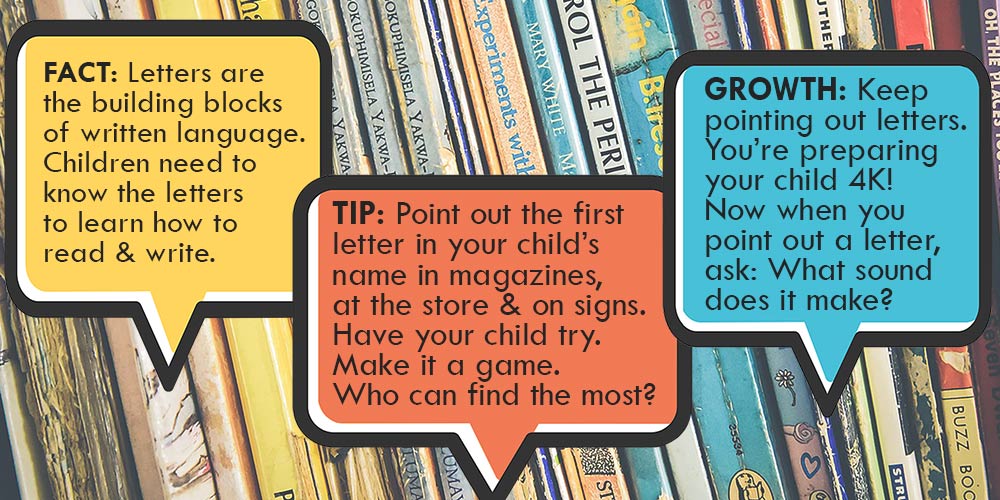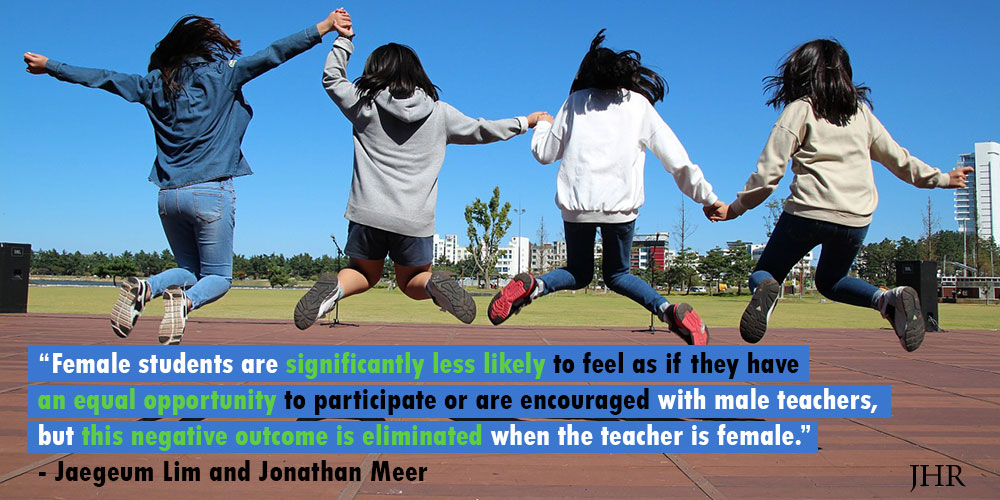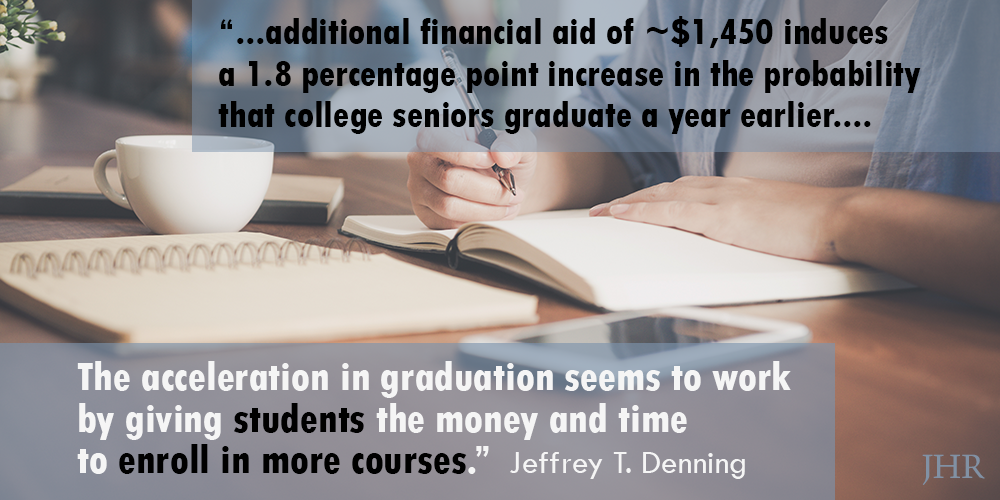Text-Messaging Program READY4K! Supports Early Literacy Development in the Home
Racial and socioeconomic gaps in academic achievement begin early in life, with large gaps in skills present by the time children enter kindergarten. One factor contributing to this educational inequality is the great variation in home learning experiences.
Researchers and practitioners have taken a variety of approaches to help parents support the literacy development of their children. Examples include interventions during doctors’ visits or hosting workshops for parents at schools. Unfortunately, these traditional approaches are hampered by their relative infrequency and/or substantial demands on parents’ time.
Benjamin York, Susanna Loeb, and Christopher Doss wondered whether something as common as a text message could improve the home learning experience. “In this study, we field a randomized control trial to test the efficacy of a text messaging intervention that leverages lessons from behavioral economics on overcoming barriers to adult behavior change.”
Parents of prekindergartners in the treatment group received a 32-week texting messaging curriculum designed to support the literacy development of their children, called READY4K!.
The program sent parents three text messages a week designed to address the following barriers that might limit parents’ time reading to their children: (1) incomplete information on the importance of literacy skills, (2) the mental effort of choosing activities to do with children, (3) limited attention for parenting activities that have to be done over long periods of time, and (4) the often delayed gratification of parenting. At the core of READY4K! are small, easy-to-implement activities that reduce the difficulty for parents of supporting their children’s literacy development.
The results support this longer-term, light-touch approach to parenting programs. Parents who received the texting curriculum reported engaging in more literacy activities, and their children scored higher on assessments of preliteracy skills. These literacy benefits were concentrated among students who scored in the bottom half of literacy skills at the beginning of the experiment.
So what’s the potential of a pilot program like this? The finding that the academic benefits are largest for children with weaker baseline scores indicates the potential for this approach to reduce achievement gaps. Text-messaging is an effective way to implement this approach of delivering small bits of information regularly over long time periods because texting is low-cost and easy to scale.
Read the full study in The Journal of Human Resources: “One Step at a Time: The Effects of an Early Literacy Text Messaging Program for Parents of Preschoolers” by Benjamin York, Susanna Loeb, and Christopher Doss.
***
Benjamin N. York is the Founder and Chief Executive Officer of ParentPowered Technologies. Susanna Loeb (@SusannaLoeb) is the Barnett Family Professor of Education at the Stanford Graduate School of Education. Christopher Doss (@Chris_J_Doss) is an Associate Policy Researcher at the RAND Corporation.



